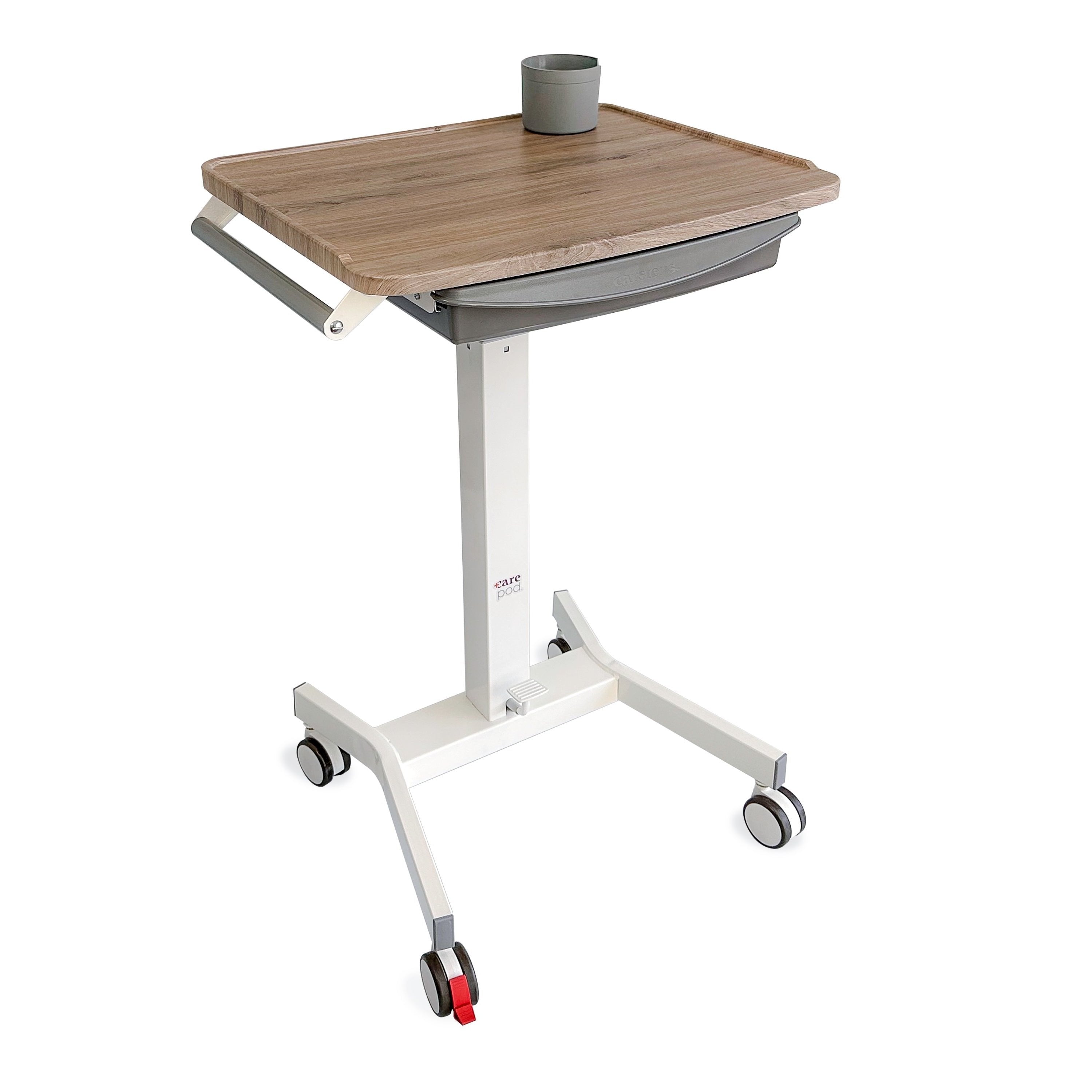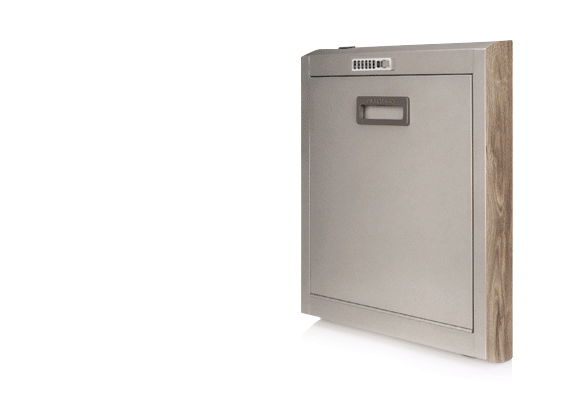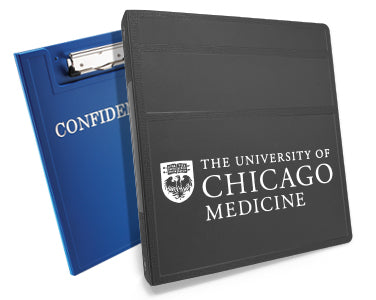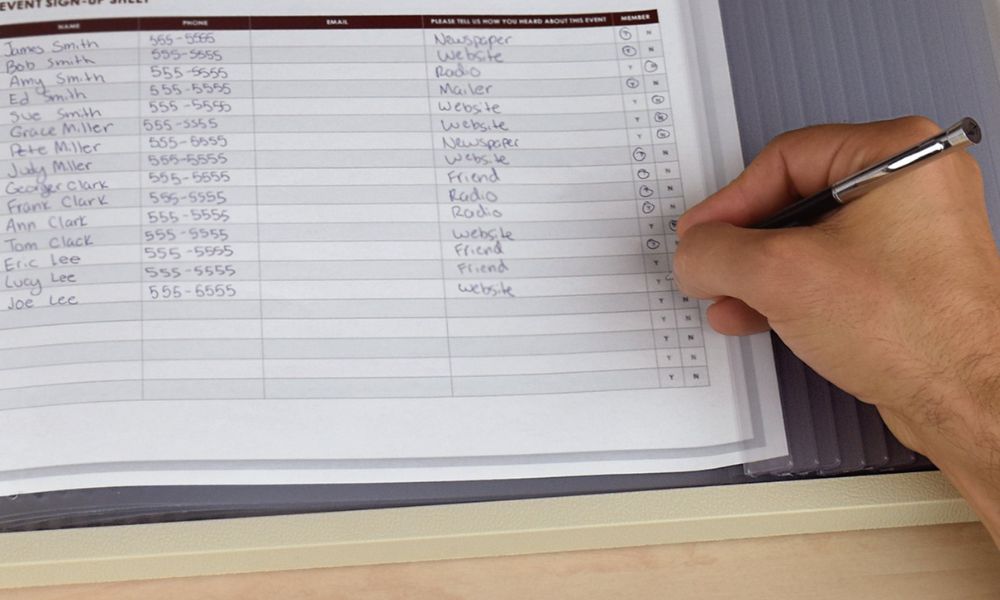Managing medical records in assisted living facilities is crucial for ensuring the highest standard of care. Proper organization and maintenance of these records can significantly impact efficiency and patient outcomes. Here are six essential tips to streamline the management of medical records in assisted facilities.
1. Implement a Standardized System
A standardized system for organizing and storing medical records ensures consistency across the facility. Utilizing medical chart binders can help maintain a uniform structure, making it easier for staff to locate and update records quickly. Clear labeling and color-coding can further enhance this system, reducing the risk of errors.
2. Incorporate Digital and Physical Medical Records
Another way assisted living facilities can manage their medical records is by incorporating paper-based records and digital systems, which can improve accessibility and data security. This hybrid approach allows quick access to physical records while keeping digital copies for backup and sharing with other healthcare providers.
3. Schedule Regular Training and Audits
Continuous training for staff on the latest medical record-keeping practices and compliance with regulations is essential. Regular audits help identify gaps in documentation and areas for improvement. This proactive approach ensures all records are accurate, up-to-date, and compliant with current healthcare standards.
4. Enhance Data Security
Protecting patient information is paramount. Ensure both digital and physical records are secured with appropriate measures. For digital records, utilize encryption, access controls, and regular backups. Store medical chart binders in locked cabinets and restrict access to physical records to authorized personnel.
5. Streamline Record Retrieval
Efficient record retrieval processes can save time and reduce stress for staff. Implementing an easy-to-use filing system for medical chart binders can facilitate quick access to vital information. Utilize dividers and index tabs to categorize records, making it simple to find specific documents when needed.
6. Foster a Culture of Accountability
Cultivating a culture of accountability within the assisted living facility is crucial for maintaining the integrity of medical records. Encourage staff to take personal responsibility for accurate record-keeping and promptly correct discrepancies. By fostering accountability, facilities can enhance record accuracy, reduce the risk of legal issues, and improve patient care.
By focusing on these six tips, assisted living facilities can enhance their medical record management practices, improving patient care and operational efficiency. Adopting these strategies demonstrates a commitment to high standards and continuous improvement in healthcare support.






